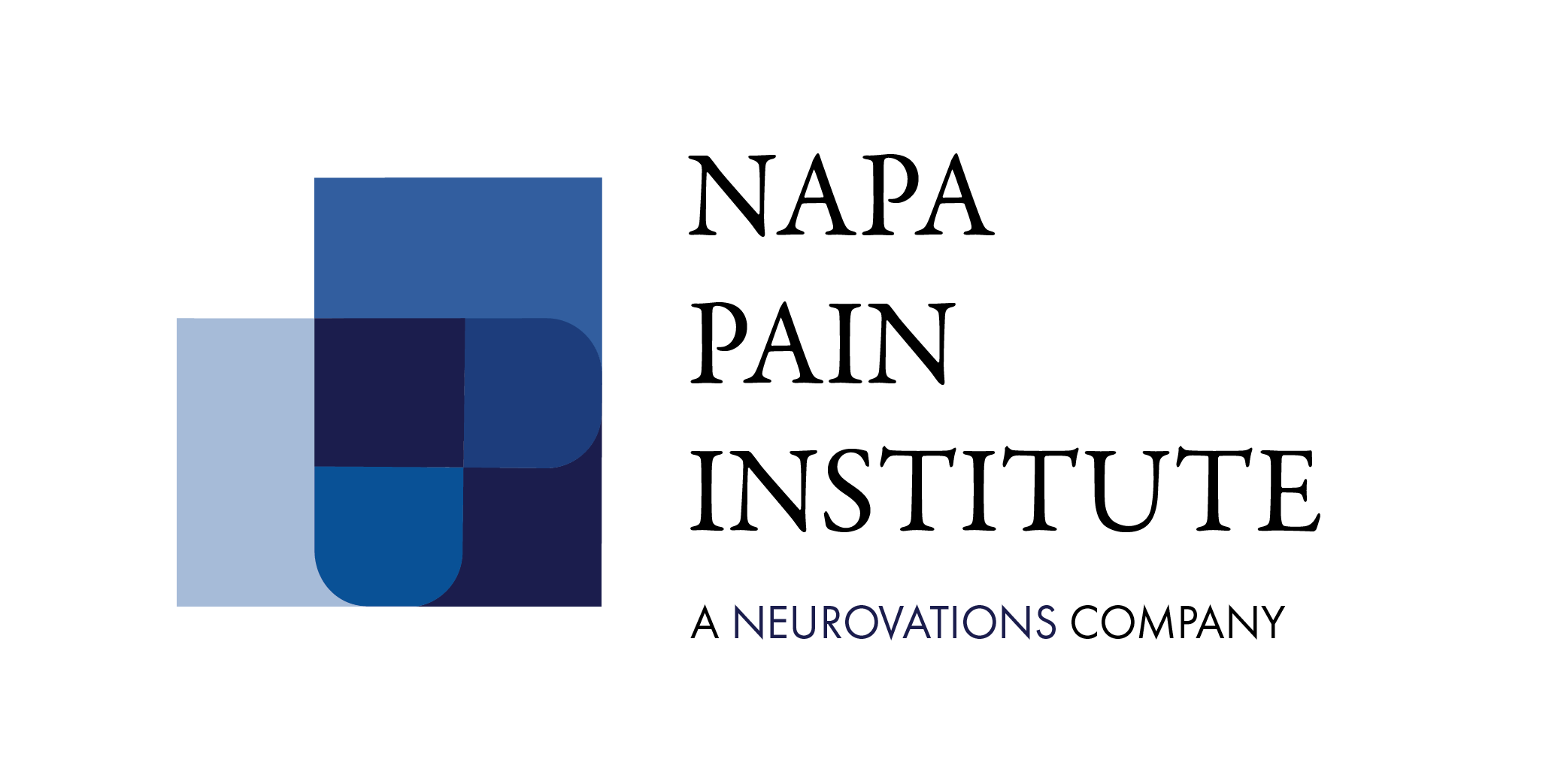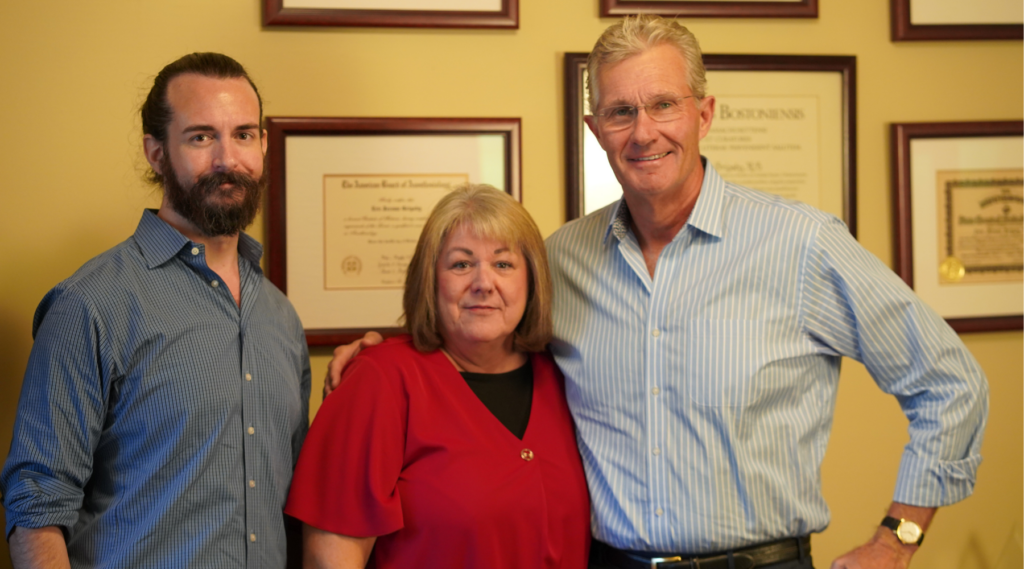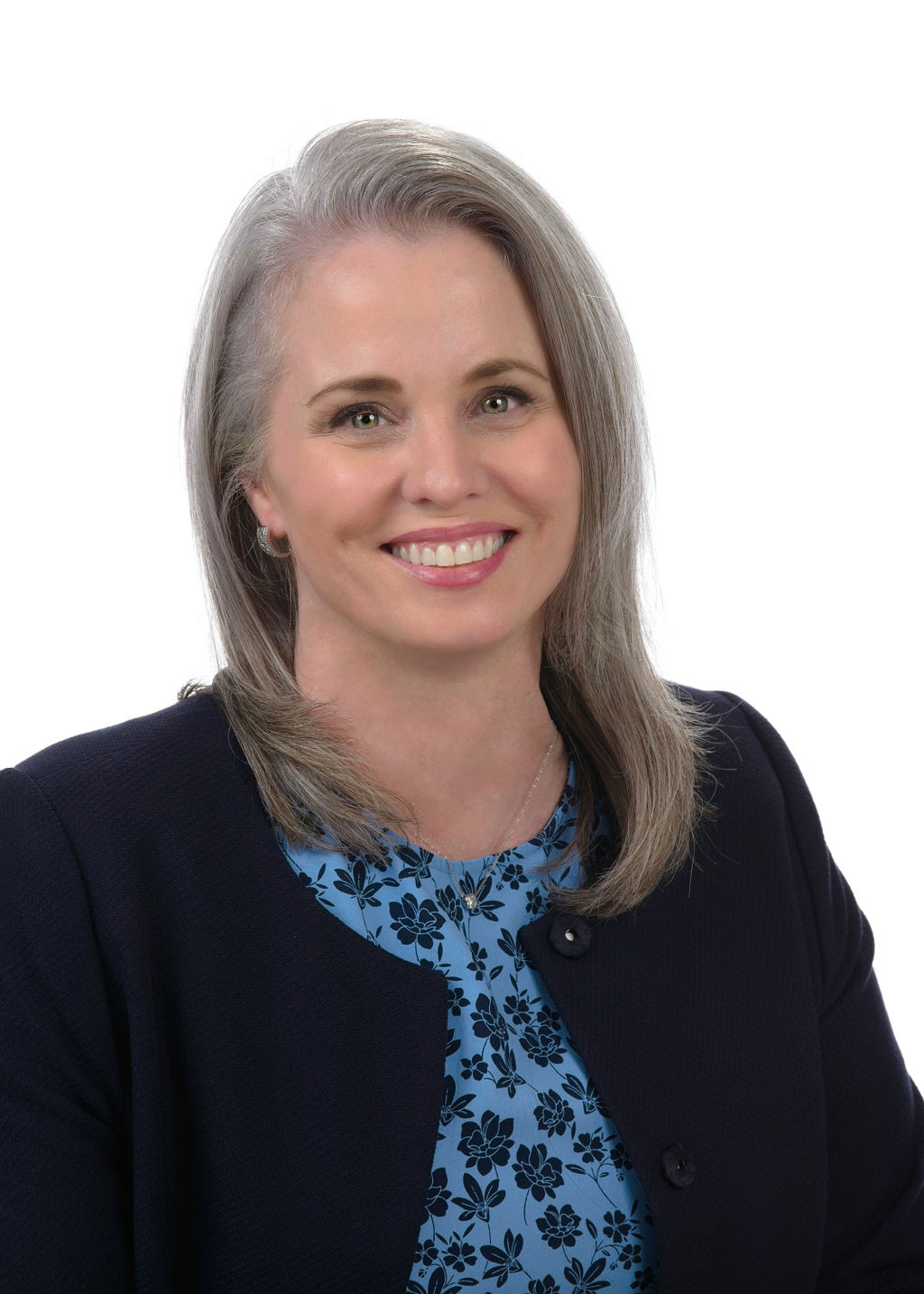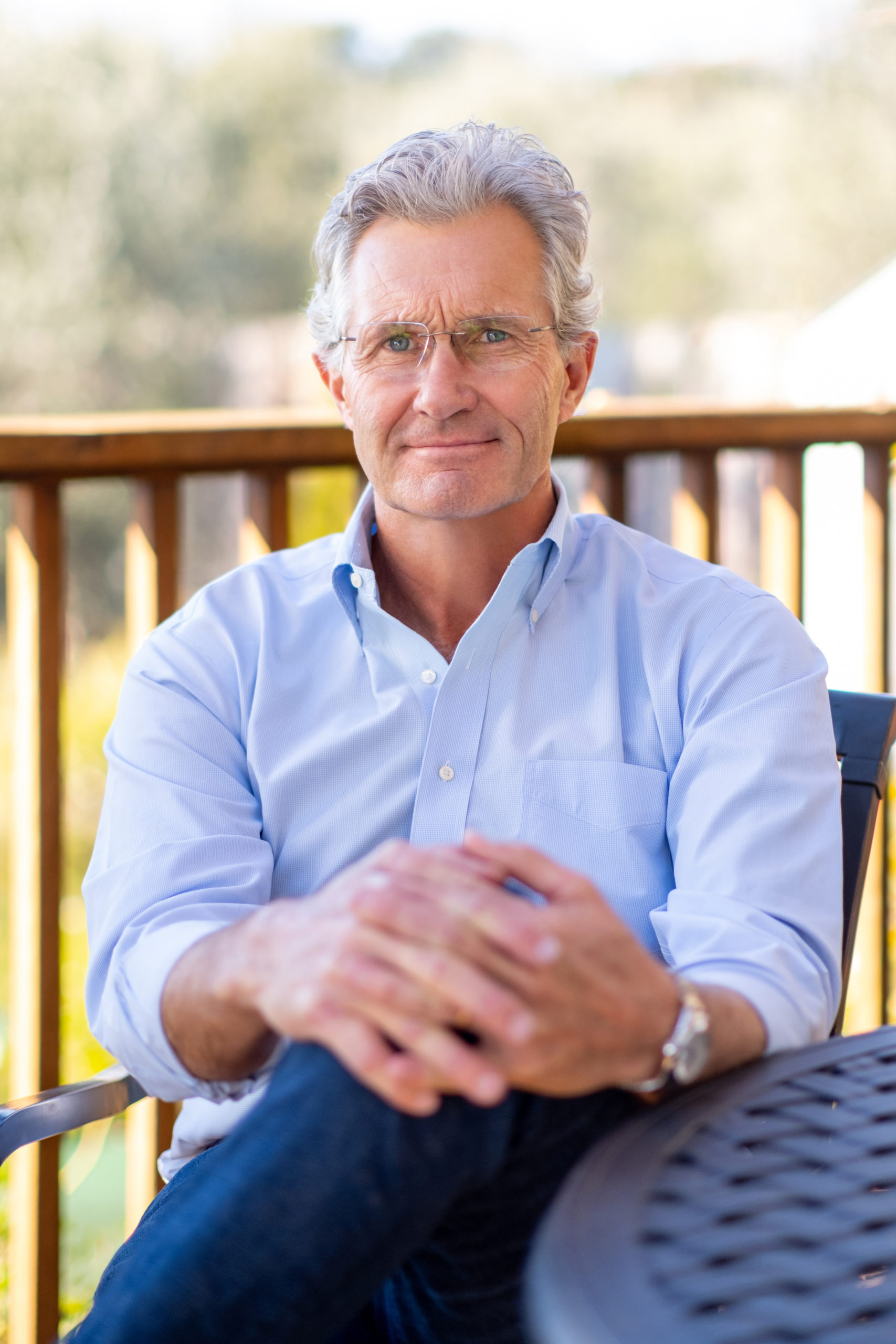NIH HEAL Initiative: Coordinating Center for National Pain Scientists Career Development Grant awarded to Neurovations Education Division
NAPA, Calif., Oct. 13, 2022 /PRNewswire/ — Dr. Eric Grigsby, Founder and CEO of Neurovations, announced that Neurovations Education is the recipient of a 6.9 million-dollar grant from the Helping to End Addiction Long-term Initiative®, or NIH HEAL Initiative®.
“It is an honor to receive this grant and to dive into the heart and mission of improving pain research across the United States. It aligns deeply with the core of our work at Neurovations,” said CEO Eric Grigsby.
Neurovations was founded in Napa in 1992 by Dr. Eric Grigsby and is a national leader in clinical research, treatment for chronic pain, molecular diagnostics testing, and education programs focused on pain and neuroscience. For over three decades, Dr. Grigsby has devoted his work to chronic pain patients. The Neurovations research and education divisions are an extension of his mission to contribute to the health and well-being of patients.
NIH HEAL Initiative supports a wide range of programs to develop new or improved prevention and treatment strategies for opioid addiction and is an aggressive, trans-NIH effort to speed scientific solutions to stem the national opioid public health crisis. Launched in April 2018, the initiative is focused on improving prevention and treatment strategies for opioid misuse and addiction, and enhancing pain management.
“The aim of the HEAL Initiative’s Coordinating Center for National Pain Scientists (CCNPS) will be to create and run a coordination center to connect NIH-funded pain researchers with each other to enhance the innovation, relevance, and practical application of pain management research, as well as increase communication among pain researchers across all disciplines,” said Laura Dover Wandner, PhD, Program Director at the National Institute of Neurological Disorders and Stroke (NINDS).
“The CCNPS will be a central facilitator for integrating training and mentoring across a multidisciplinary network of mentors and early-stage investigators funded by NIH. The main purpose of the CCNPS is to enhance the training experience of new pain researchers across the continuum of basic, translational, and clinical research and to create a vast network of NIH-funded pain researchers to promote multidisciplinary collaborations in pain research and identify innovative treatments to manage pain,” she continued.
The Interagency Pain Research Coordinating Committee (IPRCC) under the NIH has determined that basic, translational, and clinical researchers should collaborate when developing grant applications. The IPRCC has also identified a need for more structured opportunities for early-stage investigators to learn from experienced investigators.
Neurovations Education’s role in the NIH HEAL Initiative will be to create the PURPOSE Network (Positively Uniting Researchers of Pain to Opine, Synthesize, and Engage) to foster and support constructive and dynamic interprofessional communications and collaborations between pain researchers across all disciplines. PURPOSE will have several main objectives including an annual conference, ongoing training activities, evaluation of existing mentorship programs, and a customized online learning, career development, and collaboration space.
“It has long been our goal at Neurovations to get innovation in treatment to the bedside as soon as safely possible. This grant will enhance innovation, it will also allow pain researchers to collaborate on a deep and meaningful level. If pain management researchers across all disciplines can work together, we can accelerate the practical application of pain management research,” continued Dr. Grigsby. “The resulting best practices will be exciting.”
The Helping to End Addiction Long-term Initiative, or NIH HEAL Initiative, is an aggressive, trans-NIH effort to speed scientific solutions to stem the national opioid public health crisis. Launched in April 2018, the initiative is focused on improving prevention and treatment strategies for opioid misuse and addiction, and enhancing pain management. For more information, visit: https://heal.nih.gov.
Neurovations, a patient care and innovation company, was founded in 1992 by CEO Dr. Eric Grigsby. Neurovations is a national leader in medical device and pharmaceutical innovation, clinical research, and a world-class education program focusing in pain and neuroscience. Dr. Grigsby is deeply connected to the healthcare community through our non-profit HealthRoots Foundation. Our unwavering mission is to inspire hope and to contribute to the health and well-being of our patients and communities through integrated clinical practice, research, and education.






